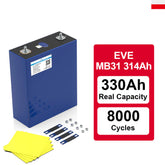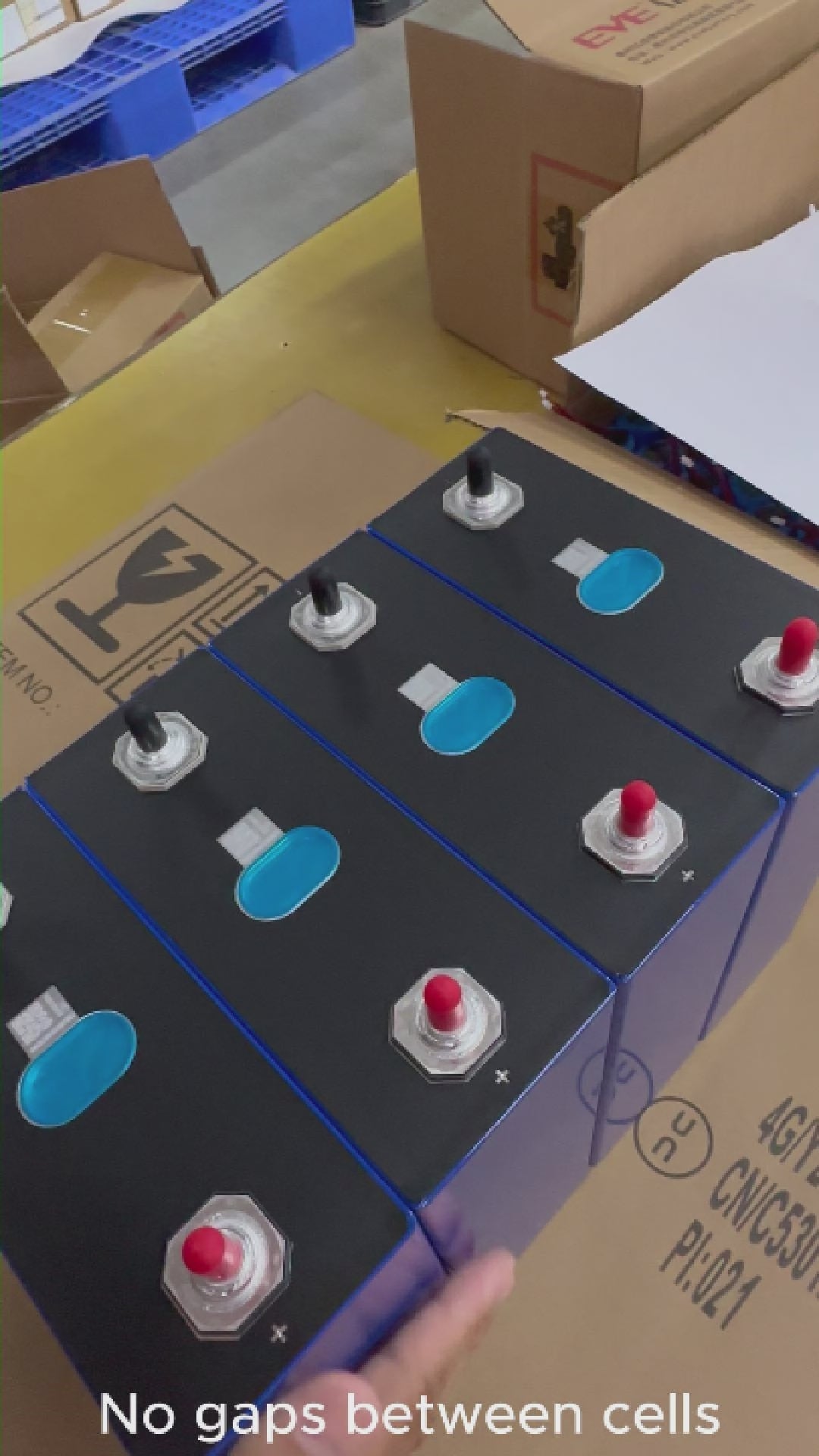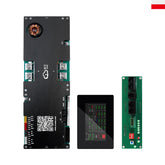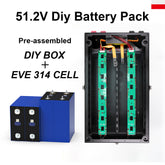Understanding What 1000 Watts Means in Power Consumption and Everyday Use
When it comes to electricity and energy use in our daily lives, few terms are as commonly misunderstood as “1000 watts.” Whether you're looking at appliances, generators, or solar panels, understanding what 1000 watts actually means can help you make informed decisions, reduce electricity bills, and even improve the sustainability of your lifestyle. In this article, we will explore what 1000 watts really represents, how it's measured, and its many real-world applications.
- What Does 1000 Watts Mean?
- Applications of 1000 Watts in Everyday Life
- 1000 Watts and Power Efficiency
- 1000 Watts in Renewable Energy Systems
- 1000 Watts in Portable Power and Camping
- 1000 Watts in Industrial and Commercial Use
- Safety and Electrical Load Considerations for 1000 Watts
- Comparing 1000 Watts with Other Power Ratings
- Environmental Impact of Consuming 1000 Watts
- Common Questions About 1000 Watts
- Optimizing Your Energy Use Around 1000 Watts
- Final Thoughts: Why Understanding 1000 Watts Matters

What Does 1000 Watts Mean?
The Basics of Watts and Power Measurement
A watt is a unit of power that measures the rate of energy transfer. When you see "1000 watts" listed on an appliance, it means that the device consumes 1000 joules of energy every second. In the simplest terms, 1000 watts equates to 1 kilowatt, and it’s a standard measurement of how much energy an electrical device consumes or produces over time.
Converting 1000 Watts to Other Units
Understanding 1000 watts becomes easier when you look at equivalent units. For example:
1000 watts = 1 kilowatt (kW)
1000 watts = 3,412.14 BTUs/hour
1000 watts = 1.341 horsepower
These conversions can help you compare power consumption or output across different systems, such as HVAC or automotive engines.
Applications of 1000 Watts in Everyday Life
Household Appliances that Use 1000 Watts
Many household devices are rated close to or exactly at 1000 watts. Here are some examples:
Hairdryers: Typically use between 800 to 1800 watts.
Microwaves: Standard models often run at 1000 watts.
Vacuum Cleaners: Many models range from 800 to 1200 watts.
Space Heaters: Small units often consume about 1000 watts.
Understanding what 1000 watts means in these contexts helps you estimate their energy consumption over time.
How Long Can You Run a 1000-Watt Device?
If you're using a device rated at 1000 watts for 1 hour, it will consume 1 kilowatt-hour (kWh) of electricity. This unit is what you see on your electricity bill. If your energy provider charges $0.15 per kWh, running that 1000-watt device for an hour costs you 15 cents.
>>See also Charging a 100Ah Battery with a 300W Solar Panel How Long Does It Take
1000 Watts and Power Efficiency
Calculating Energy Consumption Over Time
Let’s say you have a 1000-watt space heater and you run it for 5 hours a day. Here’s what that looks like:
Daily consumption: 5 kWh
Monthly consumption: 5 x 30 = 150 kWh
Monthly cost: 150 kWh x $0.15 = $22.50
By understanding how 1000 watts affect energy usage, you can budget and plan more effectively.
Comparing Energy-Efficient Alternatives
Not all 1000-watt devices are created equal. Some appliances, like induction cooktops or energy-efficient heaters, may use 1000 watts but perform more efficiently, meaning they do more work in less time. Choosing the right devices can significantly reduce your energy footprint.
1000 Watts in Renewable Energy Systems
Using Solar Panels to Generate 1000 Watts
Solar panels are commonly rated in watts. A single solar panel might produce between 250 and 400 watts under ideal conditions. To generate 1000 watts of power, you’d need:
3 to 4 panels at 300 watts each
About 80–100 square feet of roof space, depending on the panel size and efficiency
Understanding what 1000 watts means in solar energy helps when designing home solar systems.
Storing 1000 Watts with Battery Systems
To store 1000 watts of power for an hour, you’d need a 1kWh battery. Lithium-ion batteries used in residential systems are typically rated in kilowatt-hours, and knowing the output and input capacity in terms of 1000 watts allows for accurate sizing and system design.
1000 Watts in Portable Power and Camping
Inverters and Portable Power Stations
Portable inverters are often labeled with their wattage output. A 1000-watt inverter can handle:
A small coffee maker
LED lighting
Phone and laptop chargers
Small medical devices
Understanding 1000 watts in this context means knowing exactly what your inverter can support without overloading it.
RV and Camping Applications
For off-grid living or RV use, knowing what 1000 watts will power helps manage expectations. For instance:
A 1000-watt solar setup can run LED lights, recharge batteries, and run low-wattage devices.
Using more powerful appliances like an electric skillet or portable AC unit may require more than 1000 watts.
1000 Watts in Industrial and Commercial Use
Small Machinery and Tools
In workshops, a 1000-watt rating might apply to:
Power drills
Circular saws
Air compressors
Understanding 1000 watts helps ensure you choose tools that match your generator or circuit capacity.
Office Equipment
Office devices like laser printers or copiers may draw around 1000 watts during use. Power strips and UPS systems should be rated accordingly to prevent overload.
Safety and Electrical Load Considerations for 1000 Watts
Circuit Load Calculations
In residential settings, circuits are usually 15 or 20 amps. Using a 1000-watt device on a 120V outlet draws about 8.3 amps. This is well within the range of a 15-amp circuit, but stacking multiple devices could lead to tripping the breaker.
Understanding how 1000 watts impact your home's electrical system prevents potential overloads or hazards.
Extension Cords and Wattage Ratings
When using extension cords, always check the wattage rating. A low-quality cord may overheat when powering a 1000-watt appliance. Look for cords rated for at least 1250 watts for safety.
Comparing 1000 Watts with Other Power Ratings
1000 Watts vs 500 Watts
500 watts is half the power of 1000 watts. If a device takes 1 hour to do a task at 1000 watts, it may take 2 hours at 500 watts, depending on efficiency. This comparison helps users decide between faster performance vs lower energy use.
1000 Watts vs 1500 Watts
A 1500-watt heater will warm a room faster than a 1000-watt unit, but it consumes 50% more energy. Again, efficiency and insulation levels influence the actual performance.
Environmental Impact of Consuming 1000 Watts
Carbon Footprint from Electricity Use
The source of your electricity matters. If your power comes from coal, using 1000 watts for an hour might emit about 0.9 pounds of CO₂. Conversely, renewable sources like solar or wind reduce that to near zero.
Understanding 1000 watts in environmental terms highlights how your choices affect the planet.
Reducing Consumption Through Smart Devices
Smart plugs and energy monitors can help you track how often 1000-watt devices are used. You can then automate or reduce their use to lower your carbon footprint.
>>See also Battery Equivalents for LR44 AG13 SG13 LR1154 SR44 SR44SW 303 357 and A
Common Questions About 1000 Watts
Can a 1000-Watt Generator Power a Refrigerator?
Most refrigerators require about 100 to 800 watts during operation but may spike to 1200 watts when the compressor starts. A 1000-watt generator might struggle with that spike, so using an inverter generator with surge capability is recommended.
How Many Devices Can Run on 1000 Watts?
This depends on the wattage of each device. For example:
A 50W fan
A 60W laptop
A 10W LED light
All together total just 120 watts, meaning you could run about 8 similar groups within a 1000-watt capacity.
Is 1000 Watts a Lot of Power?
That depends on the application. For lighting (10 LED bulbs at 10W), it’s substantial. For heating or cooling, it’s minimal. Understanding 1000 watts helps you contextualize its significance for each task.
Optimizing Your Energy Use Around 1000 Watts
Choosing Devices Wisely
Opt for appliances that use 1000 watts or less if you're aiming for energy efficiency. Energy Star ratings, inverter technology, and modern design can significantly reduce consumption.
Smart Schedules and Automation
Use timers and smart plugs to schedule 1000-watt devices during off-peak hours. Some utilities offer cheaper rates at night, which can lower your bills.
Final Thoughts: Why Understanding 1000 Watts Matters
Whether you're a homeowner, camper, or tech enthusiast, understanding what 1000 watts means in power consumption and everyday use is essential. It helps you plan better, save energy, stay safe, and reduce environmental impact. The next time you buy an appliance or install solar panels, think about how 1000 watts fits into your overall energy picture.
In conclusion, 1000 watts is not just a number—it’s a meaningful benchmark that can guide better decisions in energy use, cost management, and sustainability. From powering your home to setting up off-grid systems, knowing how 1000 watts translates into real-world applications empowers you to take control of your power needs wisely.























Leave a comment
All blog comments are checked prior to publishing